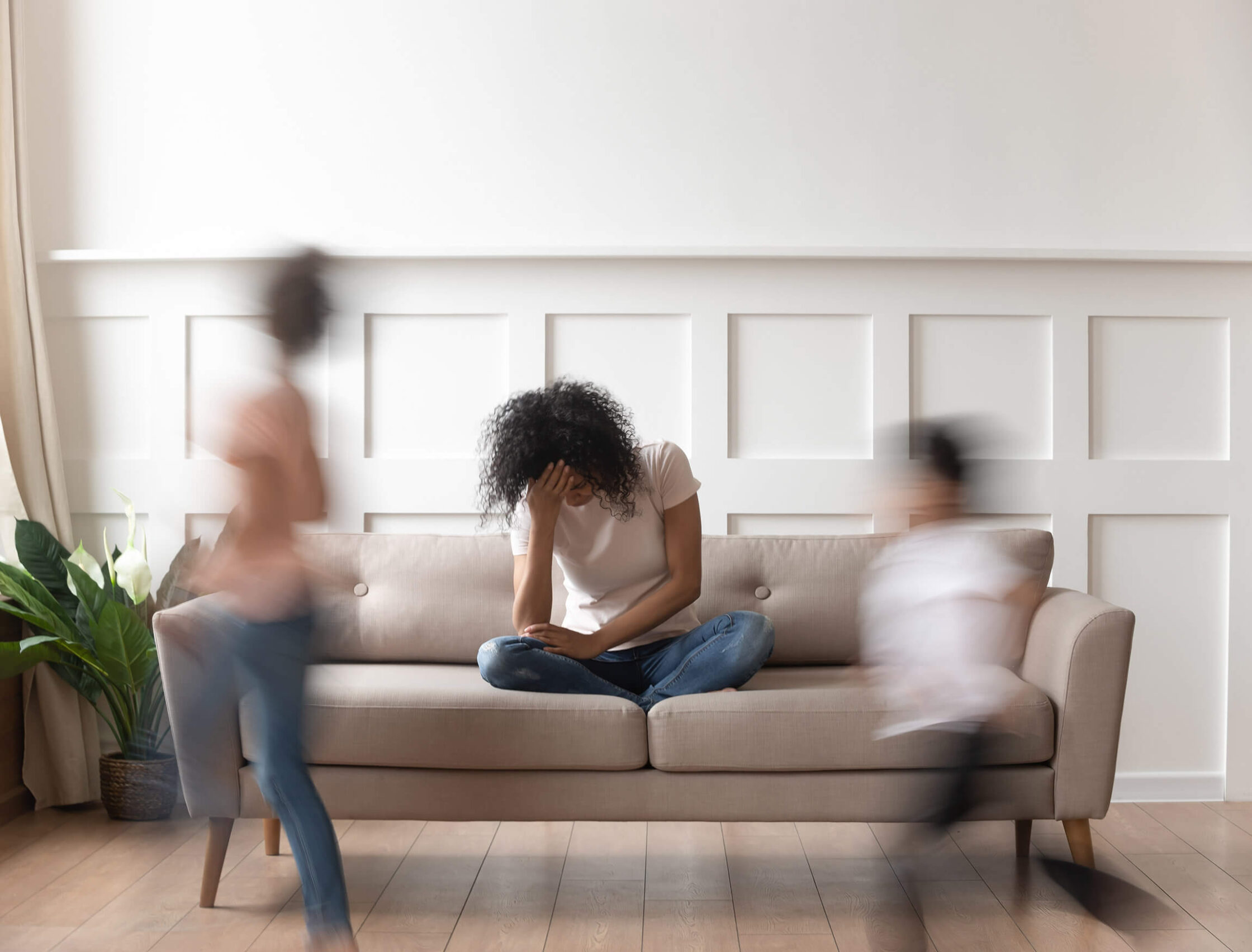The COVID-19 pandemic has been challenging for everyone.
Adults are struggling to work and take care of the kids simultaneously. Plus, taking safety precautions to reduce the spread of infection is an added stress.
Amid the stress and struggle, your kids also have to deal with this unexpected event. Like parents, children can differ from how they cope with the coronavirus. Many children are struggling — and their behavior displays it.
Kids might be acting out, defiant, sneaky, or perhaps sullen and depressed. There are reasons why your kids seem worse during COVID-19.
1. Staying Away from Friends
It’s tough for kids and teens to have to separate themselves from their friends. Lockdown restrictions mean that children can’t even go to a friend’s house to play. In areas where restrictions have been lifted, there is still the expectation of “social distancing,” which means children can’t:
- Give hugs
- High-fives or fist bumps
- Spend time in close quarters, such as playing video games in a friend’s room
- Play games outside
- Attend events together, such as games, concerts, etc.
The pandemic has forced our society to adjust how people interact with each other. Sometimes those changes are hard to do. Children might not understand why they can’t hug their friends, for example.
2. Online Learning
The transition to online learning also has not been easy for children. Indeed, remote learning does have its place in education. However, millions of school-age children (and their teachers!) had to switch to this format overnight.
School is already stressful for many kids, and having to complete assignments online can be even more stressful. For some, the work might not be challenging enough, and they get bored. With others, they are confused and turn in work that is subpar to their abilities.
Of course, parents have to navigate new learning platforms and help their kids learn while holding down jobs themselves! The result has been a giant ball of anxiety and frustration for everybody.
3. Picking Up on Subtle Cues
Speaking of stress, frustration, and anxiety in parents…your kids can tell. Children are far more perceptive than adults realize.
Even if parents try to assure their kids that everything is going to be okay, it might not be enough. If you are trying to put on your best brave face, your kids can tell. The result is that they begin to worry, too. That worry often spills over into behaviors that are unhelpful or result in them acting out.
Of course, it’s not as if you should walk on eggshells, worrying that anything you say will add to their stress. However, you do need to keep this factor in mind when talking to your kids about COVID-19.
4. Lack of Structure
One of the things we didn’t appreciate before COVID-19 was how the systems in place provided the structure kids need. This mainly applies to school — but daily routines offer structure, as well.
The daily routine of getting up, getting ready for school, attending classes, and all of the social interactions involved with education are crucial. Add on after-school activities, athletics, clubs, youth groups, etc. You can see why all those things were essential.
Now, parents and kids are left to create that structure for themselves. Unfortunately, many are struggling to do so.
5. Fear of the Unknown
Even the strongest-willed adults can crumble when it comes to the fear of the unknown. There is a lot that we don’t know, such as:
- What will school look like in the future?
- Will sports and activities continue?
- Is visiting family even an option for us?
Also, there is the fact that we still don’t fully understand how this virus works. The lack of control that we all fear undoubtedly applies to kids, too.
—
Many children are honestly doing remarkably well under the circumstances. Kids, in general, can adapt and are more open to change than adults. However, all children are at risk of pandemic-related struggles and will need support.
If you or your child need help, don’t hesitate to reach out to a qualified therapist. Please reach out to Integrative Psychotherapy Group to schedule your first consultation.


